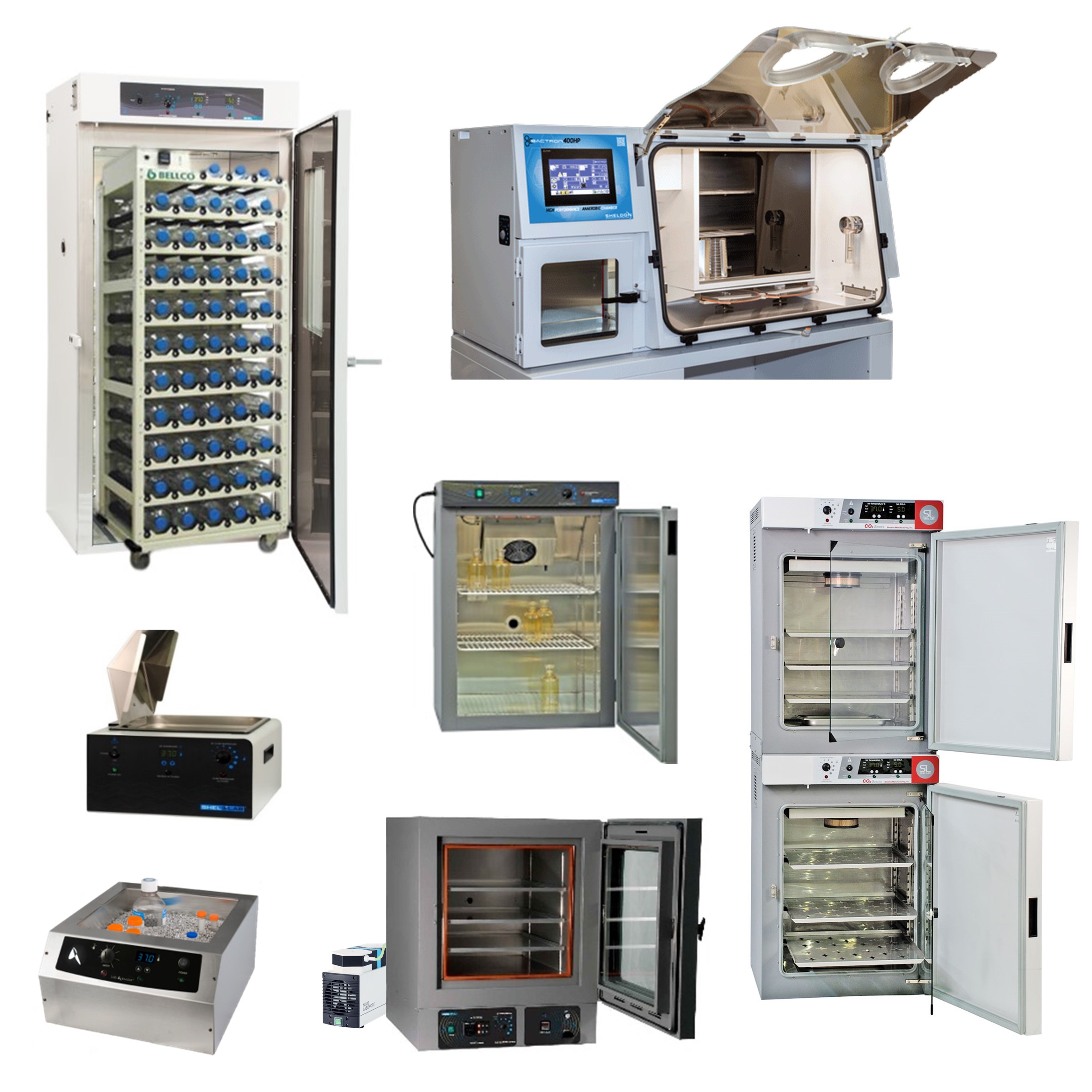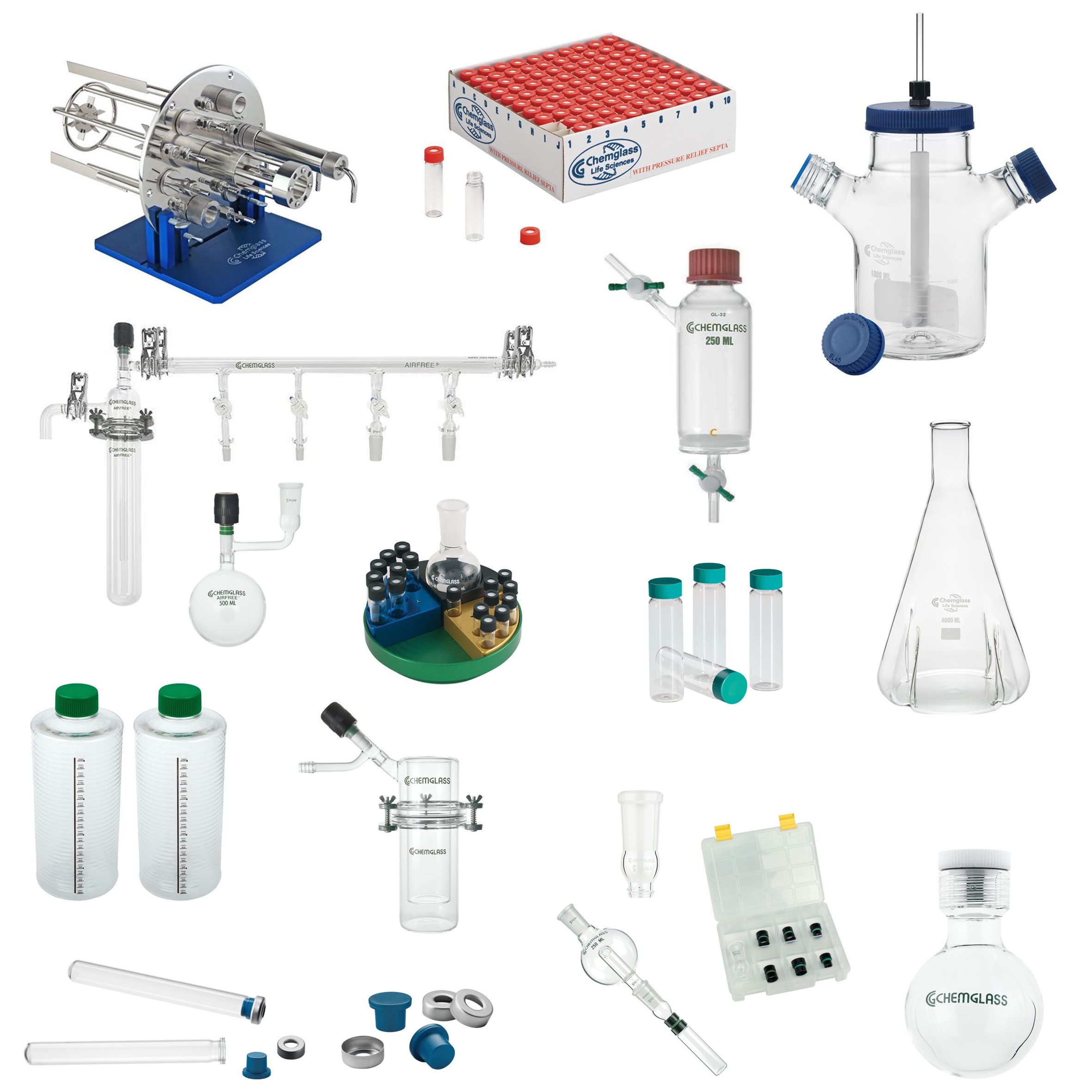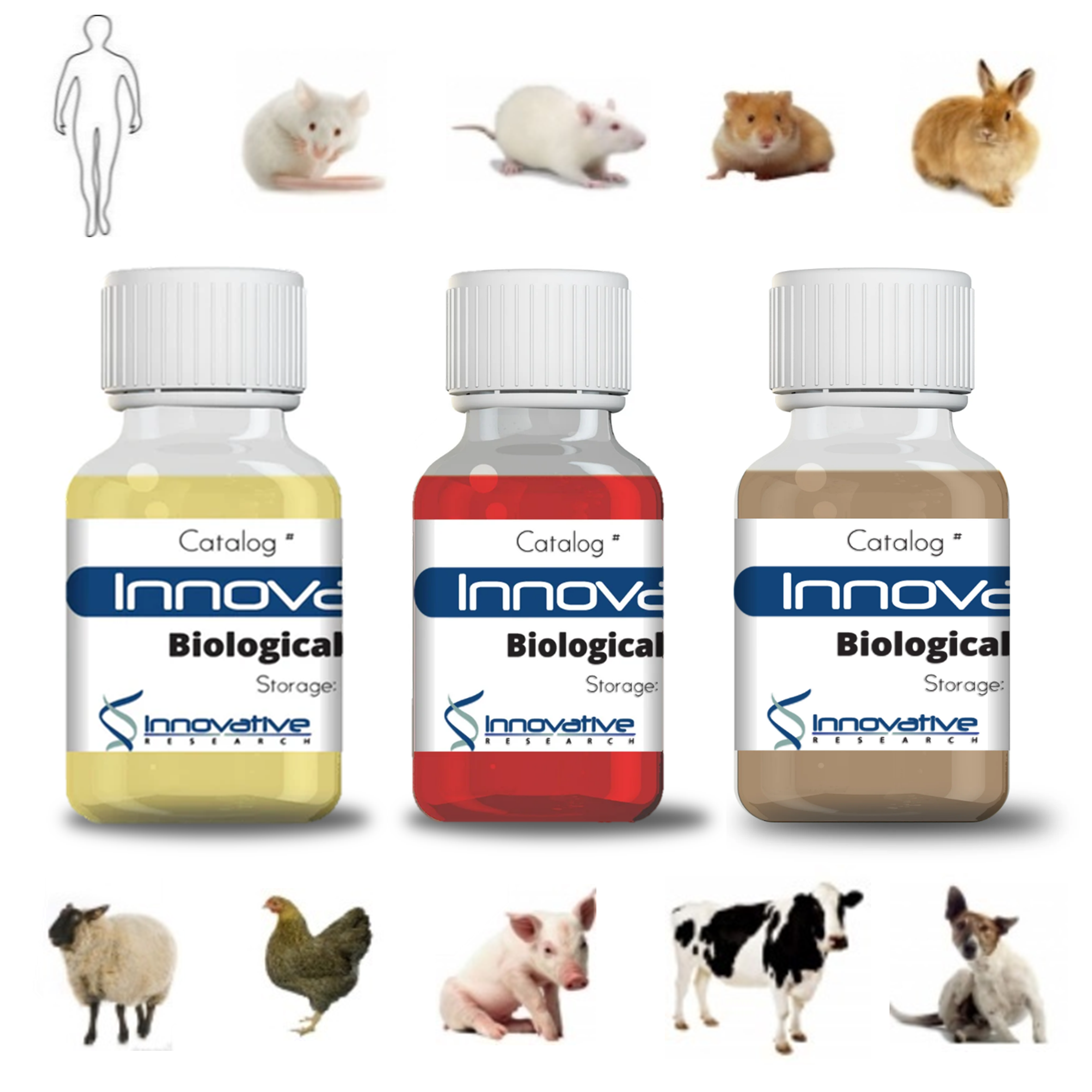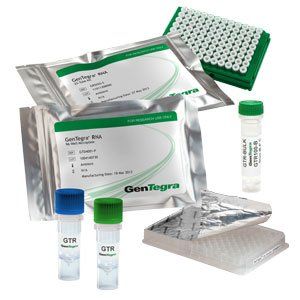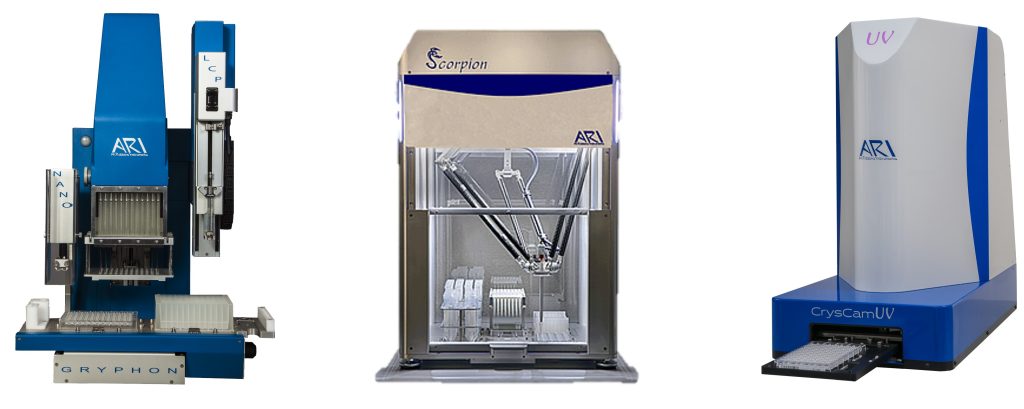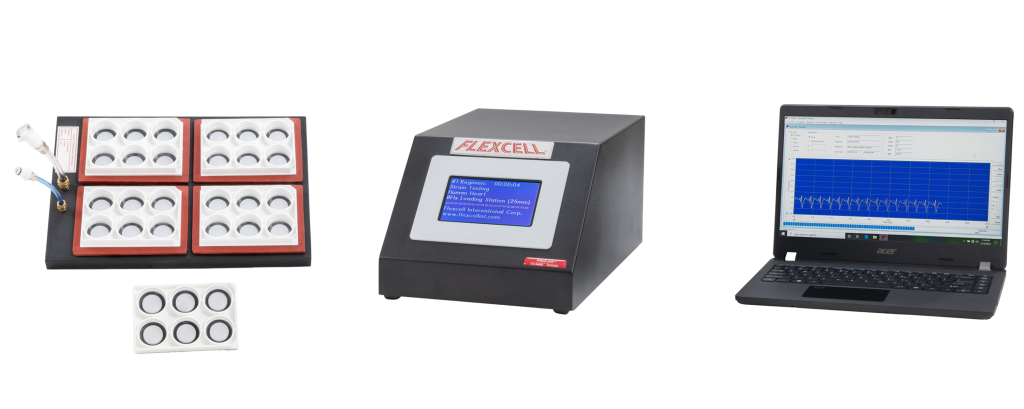Willkommen bei
Dunn Labortechnik!
Seit über 40 Jahren Ihr zuverlässiger Partner für Life Science Produkte.
Wir bieten Ihnen das komplette Sortiment für Ihr Labor aus einer Hand.
Hersteller
Unsere Hersteller
News
Produkt der Woche
Die Flexcell® Tension Systeme für zelluläre Biomechanik-Anwendungen
Dunn Labortechnik bietet seit vielen Jahren exklusiv in Europa und dem Nahen Osten die gesamte Produktpalette der amerikanischen Firma Flexcell® International an.
Die innovativen Flexcell® Tension Systeme, die speziell für die in vitro Analyse von biomechanischen Anwendungen entwickelt wurden, ermöglichen es dem Benutzer, zyklische oder statische Belastung auf Zellen und Geweben zu induzieren und zu beobachten.
Flexcell® International bietet für Spannungsanwendungen das Hauptsystem FX-6000™ Tension an, das mit geregeltem Vakuumdruck und mit Überdruck arbeitet, wodurch die Membrane der BioFlex® Kulturplatten noch effektiver und gezielter bewegt werden können. Die zusätzliche Verwendung von Druckluft erleichtert die Rückführung der Membran in ihre neutrale Position bedeutend wirksamer als nur atmosphärischer Druck.
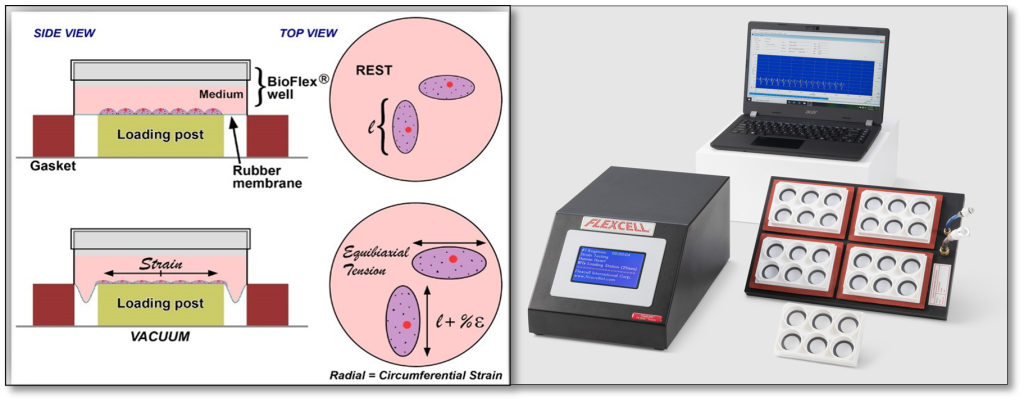
Daher erzeugt das FX-6000™ Tension System noch bessere Wellenformen ohne Überschwingen oder Oszillation. Die Zugabe von trockener Druckluft hilft darüber hinaus, mögliche Feuchtigkeit im System zu reduzieren.
Darüber hinaus bietet Flexcell® für Kunden mit einem geringen Budget und niedrigerem Durchsatz das FLEX JR.™ Tension System mit einer 6-well Einzelplatte als eine preiswerte Alternative zum vielseitigeren und umfangreicheren „großen Bruder“, dem FX-6000™ Tension System.
Die Flexcell® Tension Systeme sind mit dem Mikroskopierzubehör StageFlexer®, Inverted StageFlexer I®, StageFlexer® Jr. und dem FlexFlow™ Shear Stress System kompatibel.

Mit dem Laden der Karte akzeptieren Sie die Datenschutzerklärung von Google.
Mehr erfahren



